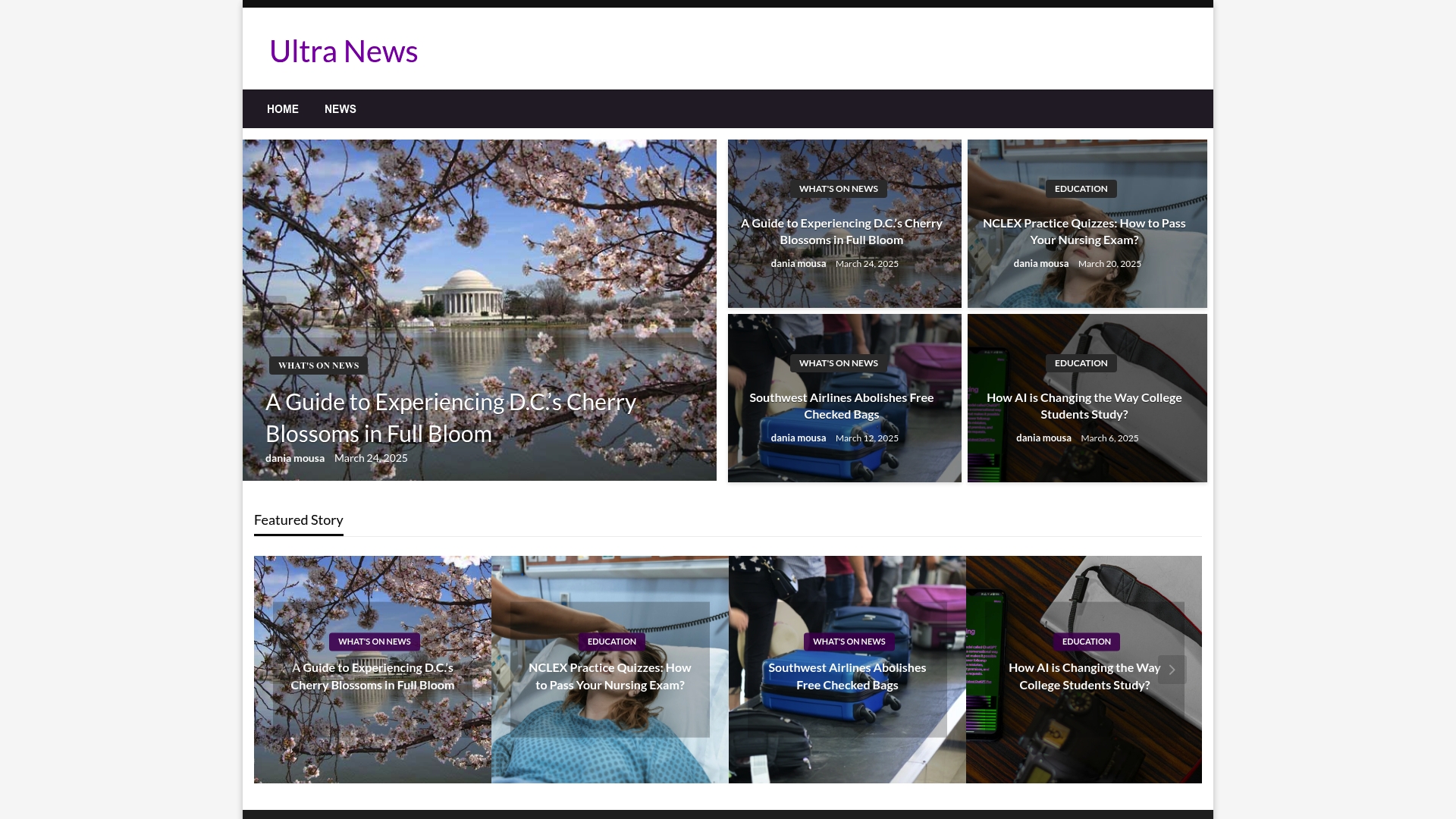
Critical thinking strategies shape how we tackle problems, separate fact from fiction, and make smarter choices every day. Some say you have to be born with a strong analytical mind, but that idea crumbles under the numbers. Studies show employers list critical thinking as one of the most sought after skills, yet most people can develop it with the right practice. So if you think analytical skills are only for natural-born geniuses, you might be surprised at just how trainable your own mind can be.
Table of Contents
- Understanding The Importance Of Critical Thinking
- Top Critical Thinking Strategies For Everyday Use
- Developing And Strengthening Your Critical Skills
- Applying Critical Thinking Across Different Fields
Quick Summary
| Takeaway | Explanation |
|---|---|
| Develop structured problem solving techniques | Break down challenges systematically for better analysis and solutions. |
| Practice continuous questioning and evaluation | Challenge assumptions by asking critical questions about claims and evidence. |
| Engage in metacognitive learning | Monitor your thinking processes to identify biases and improve reasoning skills. |
| Apply critical thinking across disciplines | Use analytical reasoning in various fields to enhance problem-solving and decision-making. |
| Embrace an ongoing learning mindset | View challenges as opportunities to refine your critical thinking and analytical skills. |
Understanding the Importance of Critical Thinking
Critical thinking strategies are fundamental skills that transform how individuals approach problems, make decisions, and understand complex information. These cognitive abilities go far beyond simple information processing and represent a sophisticated approach to analyzing and evaluating information with precision and objectivity.
The Cognitive Foundation of Critical Thinking
At its core, critical thinking is about developing a structured mental framework that enables rational and reflective reasoning. Stanford Encyclopedia of Philosophy defines critical thinking as the intellectually disciplined process of actively and skillfully conceptualizing, applying, analyzing, synthesizing, and evaluating information. This definition underscores that critical thinking is not a passive activity but an active engagement with knowledge.
The significance of critical thinking extends across multiple domains of human experience. In academic settings, students who develop strong critical thinking skills demonstrate higher academic performance and better problem solving capabilities. Professionally, employers consistently rank critical thinking as one of the most desirable workplace skills, recognizing its potential to drive innovation and strategic decision making.
Practical Implications in Real World Contexts
Understanding critical thinking goes beyond theoretical comprehension. Harvard Business Review highlights that successful professionals use critical thinking to navigate complex organizational challenges, make informed strategic choices, and adapt to rapidly changing environments. By questioning assumptions, evaluating evidence objectively, and recognizing potential biases, individuals can make more nuanced and effective decisions.
Critical thinking strategies empower individuals to:
- Analyze Information Objectively: Evaluate data without emotional interference or preconceived notions
- Recognize Logical Fallacies: Identify flawed reasoning patterns that might lead to incorrect conclusions
- Generate Creative Solutions: Approach problems from multiple perspectives, enhancing problem solving capabilities
Moreover, in an era of information overload and digital misinformation, critical thinking serves as a crucial filter. It enables individuals to distinguish between credible information and misleading narratives, promoting intellectual independence and informed decision making.
While some might perceive critical thinking as an innate talent, research indicates it is a skill that can be systematically developed and refined. By practicing deliberate analytical techniques, asking probing questions, and maintaining intellectual curiosity, anyone can enhance their critical thinking capabilities.
The journey toward becoming a critical thinker requires commitment, practice, and a willingness to challenge one’s own assumptions. It demands intellectual humility an openness to reconsidering beliefs when presented with compelling evidence. This approach transforms critical thinking from a mere cognitive skill into a powerful tool for personal and professional growth.
Top Critical Thinking Strategies for Everyday Use
Mastering critical thinking strategies transforms everyday decision making from reactive responses to purposeful, analytical processes. These practical approaches enable individuals to navigate complex situations with greater clarity, precision, and effectiveness.
Structured Problem Solving Techniques
Fairfax County Public Schools outlines several essential strategies for developing robust critical thinking skills. One fundamental approach involves systematic problem solving. This technique requires breaking down complex challenges into manageable components, analyzing each element objectively, and developing comprehensive solutions.
The Washington State School for the Blind recommends a structured framework that includes:
Here is a clear process table summarizing the structured problem solving steps recommended in the article. This format helps readers remember and follow each step when tackling challenges:
| Step | Description |
|---|---|
| Problem Identification | Clearly define the challenge without emotional bias |
| Multiple Perspective Analysis | Examine the issue from different angles |
| Solution Generation | Brainstorm potential approaches without premature judgment |
| Strategic Decision Making | Select the most effective solution based on rational criteria |
| Outcome Evaluation | Assess the results and learn from the process |

- Problem Identification: Clearly define the challenge without emotional bias
- Multiple Perspective Analysis: Examine the issue from different angles
- Solution Generation: Brainstorm potential approaches without premature judgment
- Strategic Decision Making: Select the most effective solution based on rational criteria
- Outcome Evaluation: Assess the results and learn from the process
Questioning and Information Evaluation
Critical thinking demands continuous questioning and rigorous information assessment. Stockton University’s Center for Teaching & Learning Design emphasizes developing a questioning mindset that challenges assumptions and seeks deeper understanding. This involves asking probing questions like:
- What evidence supports this claim?
- Are there alternative explanations?
- What potential biases might influence this perspective?
Effective critical thinkers learn to distinguish between credible information and unsupported assertions. They develop mental frameworks that automatically trigger analytical responses when encountering new information.
Practical application of these strategies requires consistent practice and intellectual humility. Recognizing that no individual possesses absolute knowledge creates an environment of continuous learning and improvement. By implementing these critical thinking approaches, individuals can enhance their decision making skills, reduce cognitive biases, and approach complex situations with greater confidence and clarity.
Those interested in further developing their mental agility might explore advanced concentration techniques that complement critical thinking strategies. Improving focus and mental discipline provides a strong foundation for more sophisticated analytical thinking.
Developing and Strengthening Your Critical Skills
Developing critical thinking skills is an intentional and dynamic process that requires consistent practice, self reflection, and a commitment to intellectual growth. Unlike innate talents, critical thinking can be systematically enhanced through targeted strategies and deliberate cognitive training.
Metacognitive Learning Techniques
Education Week highlights the importance of metacognitive approaches in developing critical thinking. Metacognition involves understanding and monitoring one’s own thought processes, which enables individuals to recognize potential biases, challenge assumptions, and improve reasoning skills.
Key metacognitive strategies include:
Below is a summary table of metacognitive techniques mentioned in the article. This helps readers distinguish and choose which reflective practices to adopt for strengthening their critical thinking skills:
| Metacognitive Technique | Purpose |
|---|---|
| Self Questioning | Regularly ask yourself probing questions about thoughts and beliefs |
| Reflective Journaling | Document and analyze your thought processes and decision patterns |
| Cognitive Mapping | Visually organize complex ideas and concept connections |
- Self Questioning: Regularly ask yourself probing questions about your thoughts and beliefs
- Reflective Journaling: Document your thought processes and analyze decision making patterns
- Cognitive Mapping: Visually represent complex ideas and connections between different concepts
Practical Skill Development Approaches
Edutopia emphasizes practical methods for strengthening critical thinking capabilities. These approaches focus on creating environments that encourage analytical thinking, challenging assumptions, and developing robust reasoning skills.
Effective skill development involves:
- Engaging with diverse perspectives
- Practicing active listening
- Analyzing arguments from multiple angles
- Challenging personal and external assumptions
Consistent exposure to complex problem solving scenarios helps build cognitive flexibility. By intentionally placing yourself in situations that require nuanced thinking, you can gradually enhance your analytical capabilities.
Interested learners might explore advanced study techniques that complement critical thinking skill development. These complementary strategies can provide additional frameworks for intellectual growth and cognitive enhancement.
Developing critical thinking is not about achieving perfection but maintaining a continuous learning mindset. Embrace intellectual humility, remain curious, and view each challenge as an opportunity to refine your analytical skills. The most effective critical thinkers are those who recognize that learning is an ongoing journey of exploration and understanding.
Applying Critical Thinking Across Different Fields
Critical thinking is a universal skill that transcends disciplinary boundaries, offering powerful analytical tools applicable in academic, professional, and personal contexts. Its versatility enables individuals to approach complex challenges with systematic reasoning and nuanced understanding across diverse domains.
Critical Thinking in Professional Environments
Association of American Colleges and Universities emphasizes that critical thinking is not confined to a single field but represents a fundamental cognitive approach adaptable to multiple professional settings. In business environments, critical thinking manifests through strategic decision making, risk assessment, and innovative problem solving.
Professionals leverage critical thinking strategies to:
- Analyze Complex Data: Interpret intricate information sets objectively
- Evaluate Organizational Challenges: Develop comprehensive solutions beyond surface level observations
- Anticipate Potential Outcomes: Predict potential implications of strategic decisions
Interdisciplinary Applications of Analytical Reasoning
Critical thinking serves as a universal language of intellectual inquiry, bridging diverse academic and professional domains. In scientific research, it enables researchers to design rigorous experimental protocols, challenge existing hypotheses, and develop groundbreaking theoretical frameworks. Medical professionals utilize critical thinking to diagnose complex conditions, synthesize patient information, and develop targeted treatment strategies.
Similarly, in legal contexts, critical thinking drives analytical reasoning through meticulous evidence evaluation, logical argument construction, and comprehensive case analysis. Lawyers must systematically deconstruct complex scenarios, identify potential legal interpretations, and construct persuasive arguments based on objective reasoning.
Creative industries also benefit significantly from critical thinking approaches. Designers, writers, and artists employ analytical strategies to deconstruct creative challenges, explore innovative solutions, and develop conceptually sophisticated work. By applying structured analytical techniques, creative professionals can transform abstract ideas into tangible, impactful outcomes.

Those seeking to enhance their interdisciplinary analytical skills might explore advanced study techniques that complement critical thinking development. Understanding how to learn effectively provides a strong foundation for applying analytical skills across various domains.
Ultimately, critical thinking represents more than a skill set it constitutes a sophisticated approach to understanding and engaging with the world. By cultivating analytical flexibility, intellectual curiosity, and systematic reasoning, individuals can navigate increasingly complex professional and personal landscapes with greater confidence and insight.
Frequently Asked Questions
What are critical thinking strategies?
Critical thinking strategies are systematic approaches used to analyze, evaluate, and synthesize information effectively. These strategies involve structured problem-solving techniques, continuous questioning, and rigorous assessment of evidence to enhance decision-making skills.
How can I develop my critical thinking skills?
You can develop critical thinking skills through practices such as self-questioning, reflective journaling, and engaging with diverse perspectives. Regularly challenging assumptions and analyzing arguments will also strengthen your analytical capabilities.
Why is critical thinking important in professional environments?
Critical thinking is crucial in professional environments because it enables better decision-making, problem-solving, and innovation. It helps professionals navigate complex challenges, assess risks, and develop effective strategies.
How can I apply critical thinking across different fields?
Critical thinking can be applied across various fields, including business, science, law, and creativity. It allows individuals to analyze complex data, construct logical arguments, and develop innovative solutions tailored to specific industry needs.
Take Your Critical Thinking From Theory to Everyday Success
You read about structured problem solving and the value of objectivity in decision making. But if you ever feel overwhelmed by too much information or worry about making the right choices in fast-changing situations, you are not alone. Many readers want to move beyond understanding critical thinking in theory and actually make smarter decisions at work, in school, or in daily life. The pain point is clear. It is not always easy to separate fact from fiction or apply practical skills when you are under pressure.

Let Ultra News help you put these strategies into action today. Our platform delivers fresh educational content that keeps your critical thinking sharp and your knowledge up to date. Ready to use real examples and timely guides to boost your analytical skills? Visit Ultra News now and explore articles designed for thinkers like you who want to stay ahead of the curve. Make every day a chance to think more clearly and act with confidence.
Recommended
- Best Study Habits for Students: Tips for Success
- 10 Effective Ways to Improve Concentration Fast – Ultra News
- Types of News Sources Explained: Guide for 2025 – Ultra News
- News Writing Basics: Essential Skills and Proven Tips
- Top Study Techniques for Exams: Pilot Success Guide 2025
- Fundamentals of Business Process Management – Solution for Guru




